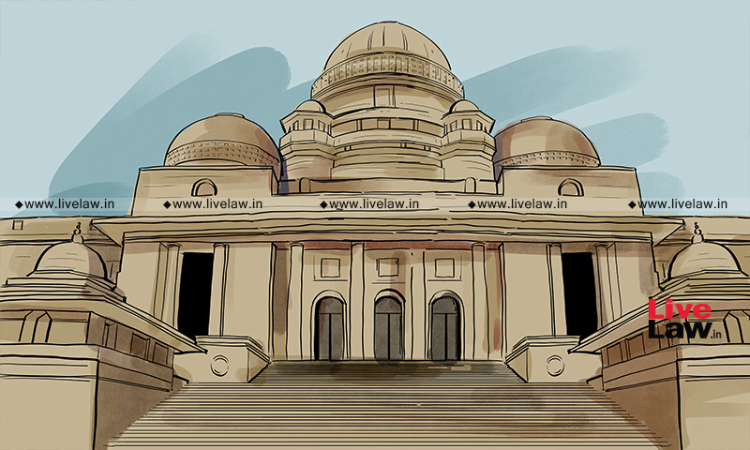Well Qualified Wife Expressing Desire To Pursue Job Not Cruelty: Bombay High Court
Amisha Shrivastava
6 Oct 2022 10:30 AM IST

Next Story
6 Oct 2022 10:30 AM IST
The Bombay High Court has recently held that a wife expressing a desire to work does not amount to cruelty under the Hindu Marriage Act. Division bench of Justices Atul Chandurkar and Urmila Joshi-Phalke was dealing with an appeal against family court's refusal to grant divorce to the husband on the ground that cruelty is not proven. It was the husband's contention that his wife...
